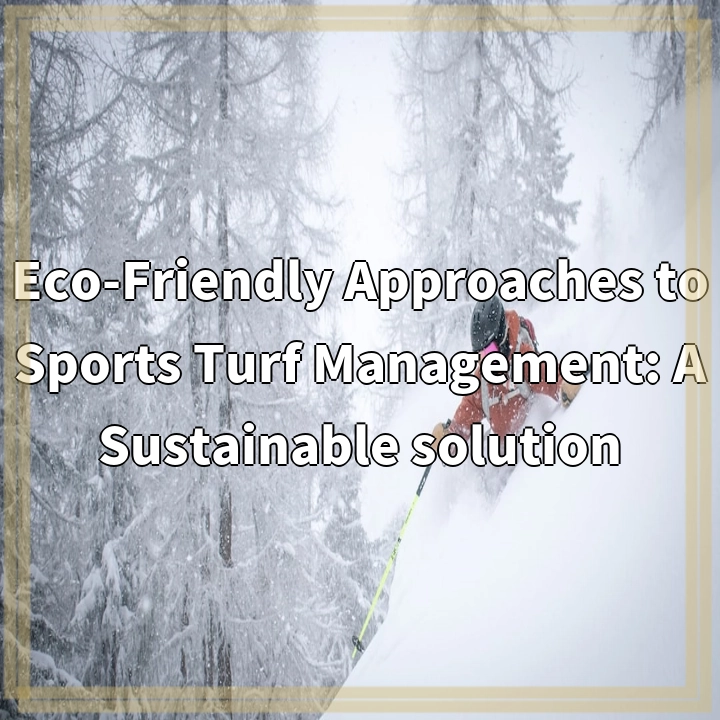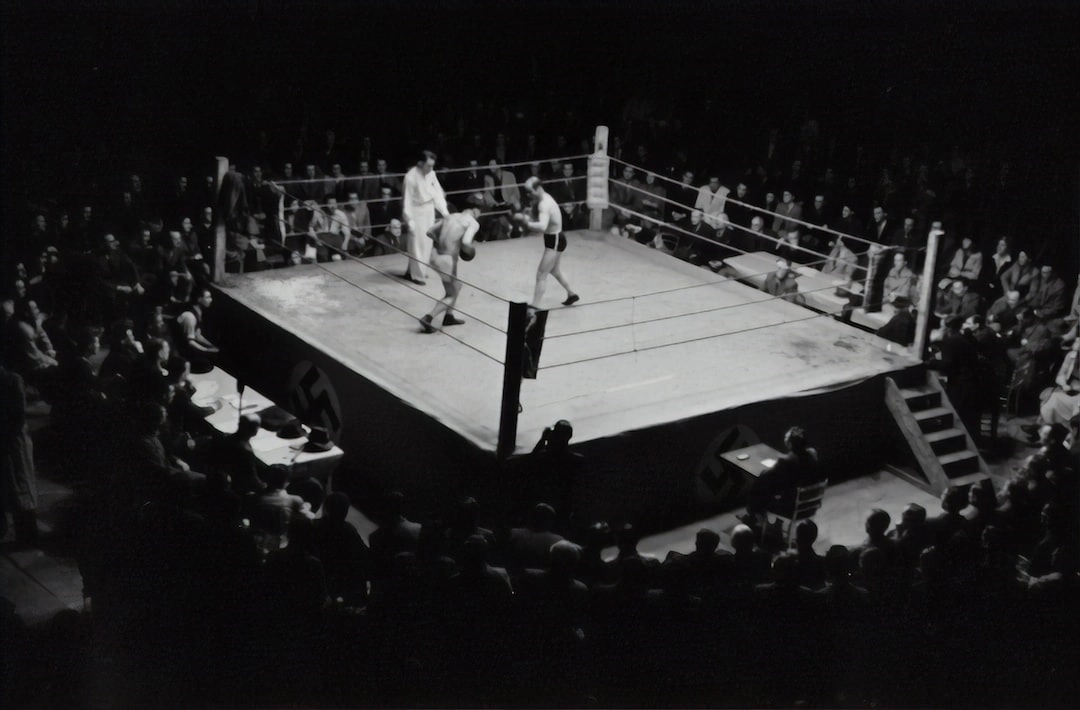
What it is:
Eco-Friendly Approaches to Sports Turf Management refers to the adoption of sustainable practices and techniques to maintain and care for turf surfaces in sports fields. This approach focuses on minimizing environmental impact, conserving resources, and promoting healthier play surfaces for athletes.
Real-World Problems:
While traditional turf management practices have been effective in maintaining sports fields, they often come with various environmental drawbacks. Some of the real-world problems associated with conventional turf management include:
1. Water Consumption:
Traditional turf management practices require excessive amounts of water to maintain the lush appearance of the playing surface. This leads to overconsumption of water, strain on local water resources, and increased costs for water usage.
2. Pesticide and Fertilizer Use:
Conventional turf management often relies heavily on the use of pesticides and synthetic fertilizers. These chemicals can potentially leach into the soil and nearby water bodies, causing pollution and harm to wildlife, aquatic ecosystems, and human health.
3. Soil Erosion:
The constant maintenance activities, such as mowing and intensive foot traffic, can contribute to soil compaction and erosion. This can lead to the loss of valuable topsoil, reduced infiltration capacity, and diminished nutrient-holding capacity of the soil.
4. Energy Consumption:
Maintaining sports fields often involves regular mowing, irrigation, and the operation of machinery and equipment. All of these activities contribute to high energy consumption, relying on fossil fuels and adding to carbon emissions and climate change.
5. Waste Generation:
Traditional turf management practices often generate a significant amount of waste, such as grass clippings, soil, and other debris. Improper disposal of this waste can contribute to landfill overcrowding and potential environmental contamination.
By addressing these real-world problems through eco-friendly approaches to sports turf management, we can create more sustainable and environmentally friendly playing surfaces while still providing safe and high-quality sporting experiences.

Solutions for Eco-Friendly Sports Turf Management:
To address the real-world problems associated with conventional sports turf management, several sustainable solutions can be implemented:
1. Water Conservation:
Implementing efficient irrigation systems, such as smart controllers and moisture sensors, helps optimize water usage and prevent overwatering. Additionally, adopting drought-tolerant grass varieties and practicing proper watering techniques can significantly reduce water consumption.
2. Natural Pest and Weed Control:
Utilizing integrated pest management strategies, which include biological control methods, beneficial insects, and organic pesticides, can effectively manage pests and weeds without relying on harmful chemicals. Regular monitoring and early intervention are also key components of this approach.
3. Soil Management and Conservation:
Implementing practices such as aeration, overseeding, and topdressing can improve soil structure and promote healthy root growth. Proper soil testing and nutrient management ensure the supply of essential nutrients while reducing the need for excessive fertilization.
4. Energy Efficiency:
Opting for electric or battery-powered equipment, using alternative energy sources, and employing efficient maintenance schedules help reduce energy consumption. Implementing practices like turfgrass species selection and appropriate mowing heights can also minimize energy requirements.
5. Waste Management and Recycling:
Implementing recycling and composting programs for grass clippings and other organic waste reduces landfill contributions and helps create nutrient-rich compost for the turf. Proper waste segregation and responsible disposal of other waste materials are also essential.
By adopting these sustainable solutions in sports turf management, we can mitigate the environmental impact, conserve resources, and create healthier and more sustainable playing surfaces for sports activities. These approaches not only benefit the environment but also contribute to the well-being and safety of athletes and the surrounding communities.















